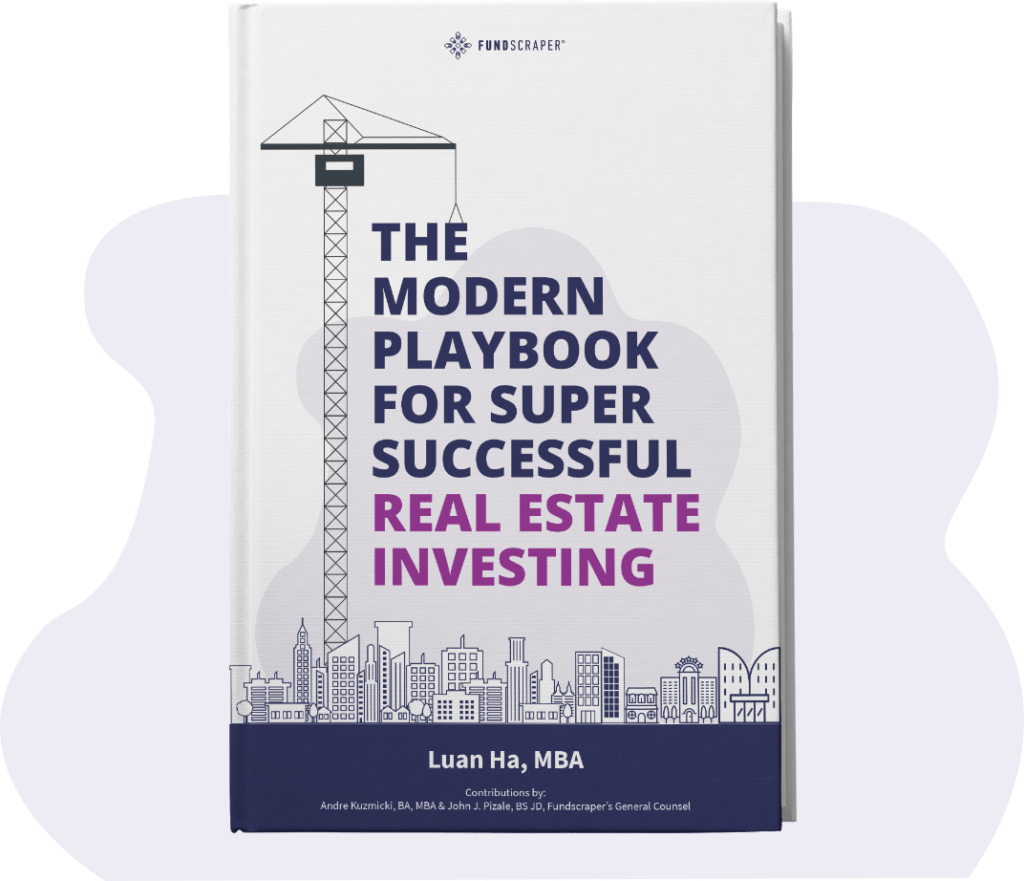The Ontario Securities Commission (OSC) and the Financial Services Regulatory Authority (FSRA) recently released proposed changes to the new rules for mortgages. If you’re an existing mortgage syndicator promoting non-qualified syndicated mortgage (NQSM) investments, you’ll either think it’s very good news or very bad news. We’ll walk you through the proposed changes.
Key Points
- The regulators have divided the market by class of subscribers. If your class of subscribers generally meet the definition of a Permitted Client then you’re in luck! It will actually be easier for you to carry on your business than it was before the material changes made to the regulations in July 2018 when the Form 3 disclosure was introduced.
- Fundscraper is able to show syndicators how they can continue profitably in business and give them the comfort that between them and the regulator stands a seasoned platform that will shield them and provide protection for their investors.
How is the NQSM market changing?
Section 31.1 of Regulation 188/08 has been deleted in its entirety and with it the burdensome disclosure regime that brought to a halt the NQSM market. There are no longer prescribed deliveries or mandated disclosures to Permitted Clients not individuals. Initial disclosure requirements are minimal. In other words: Permitted Clients can be trusted to take care of themselves.
Under this new regime, FSRA has made every effort to facilitate and make efficient capital market investment in the NQSM by Canada’s biggest stakeholders.
Who qualifies as a permitted client?
There are 18 categories of Permitted Client. The obvious ones are charter banks, trust companies, dealers, and the like. The three most commonly used categories in the retail market are:
- An individual who beneficially owns financial assets having an aggregate realizable value that, before taxes but net of any related liabilities, exceeds $5 million
- A person or company that is entirely owned by an individual(s) referred to in the above paragraph, who holds the beneficial ownership interest in the person or company directly
- A person or company, other than an individual or an investment fund, that has net assets of at least $25 million as shown on its most recently prepared financial statements
What are the pros of the NQSM market change?
The regulators have divided the market by class of subscribers. If your class of subscribers generally meet the definition of a Permitted Client then you’re in luck! It will actually be easier for you to carry on your business than it was before the material changes made to the regulations in July 2018 when the Form 3 disclosure was introduced. Additionally, there will be no need for additional registrations with the OSC as contemplated in earlier drafts of the proposed legislation.
What is the private capital market?
If you are not dealing with Permitted Clients or you are dealing with a mix of Permitted Clients and persons who are not, then you fall into the exempt market, aka the private capital market. The OSC will oversee all of your activities in connection with your investors and will require that you provide the same standard of care as it mandates for all dealers. FSRA will continue to oversee all of your activities related to your dealing in mortgages. So, like a dumbbell, the OSC will be at one end of your deal and the FSRA will be at the other!
What are the cons of the NQSM market change?
A big blow for many syndicators is the loss of the $60,000 investment limit. Under this exemption, anyone was permitted to invest up to $60,000 in a NQSM within a 12 month period. To capture those smaller investors, syndicators will now likely have to fall back on the offering memorandum exemption (and its supplement for mortgage syndication) to continue servicing these smaller investors. Under the new guidelines, investment limits are smaller and are subject to eligibility.
The syndicator will also have to be registered with the OSC in some capacity — and will be subject to the same standards of practice as all other security dealers subject to OSC oversight. They’ll likely be required to take the exempt market exam to demonstrate proficiency in exempt market placement, and will have to learn a new investing vocabulary.
Additionally, the syndicator will also now be reporting to the OSC. It is anticipated this may be a major irritant (and cost) for syndicators, though the OSC suggests that syndicators should be treated the same as all other issuers in the exempt market.
For more potential pain points, we outlined more major aggravations the new OSC rules might cause syndicators.
How can I work around the new rules?
Fundscraper is a mortgage syndicator’s solution. We’re registered with FSCO as a mortgage brokerage and with the OSC as an Exempt Market Dealer in the Province of Ontario (as well as British Columbia, Alberta, Quebec, New Brunswick and Prince Edward Island). We have spent the last three and half years perfecting our online compliance procedures with the full expectation of the changes happening today in the mortgage syndication market. We discovered that by creating an interactive online environment we can greatly reduce the costs of compliance while delivering best-in-practice solutions. Once we qualify investors, we apply computer generated algorithms to their investment decisions to assess suitability of investment and flag syndicated mortgage risks.
If you’re not thrilled about the new OSC rules, we can help.
Fundscraper is able to show syndicators how they can continue profitably in business and give them the comfort that between them and the regulator stands a seasoned platform that will shield them and provide protection for their investors. Having Fundscraper as a trusted ally helps put the mortgage syndicator back in business with far less administrative headaches. Contact us to get started today.
Eliminate Compliance Issues
Ensure your compliance is current and up-to-date with the latest regulations. Our experts help companies ensure compliance, improve performance and more.







